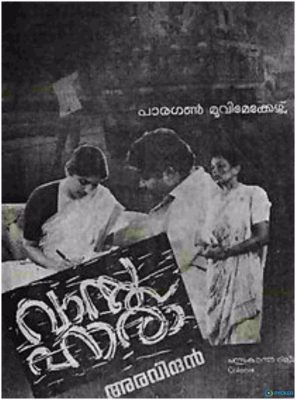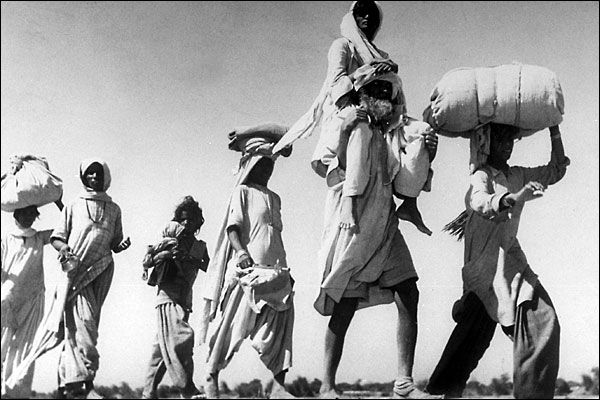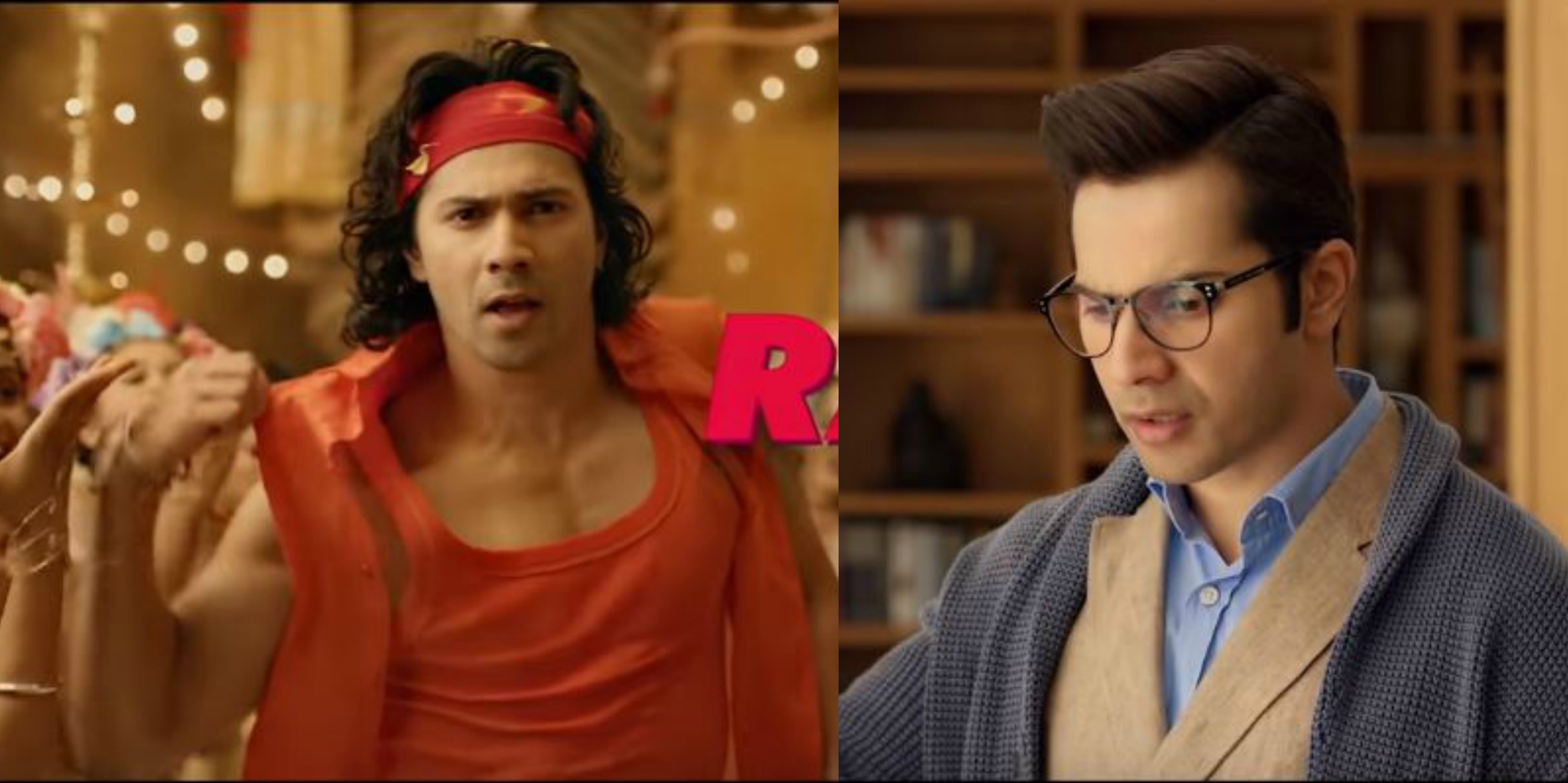“Why didn’t you seek our opinion when you decided to cut our country into two?,” asked people to their leaders. “What you see here aren’t refugees. They are Vasthuhaaras – the dispossessed. The people who lost everything, thanks to you!”

vasthu_146112797760
The film, adapted from a short story written by CV Sreeraman, was named the best feature film in Malayalam in the National Film Awards, 1991.
As per official records, the Partition displaced over 10 million people, and resulted in the brutal killing of over a million. Set in 1971, Vasthuhara takes off from where Nemai Ghosh’s Chinnamul (The Uprooted) culminated. Twenty years since the Partition, Kolkata is overflowing with refugees from East Bengal who moved to India as the state’s ‘permanent liabilities’. Violence has subsided, but sufferings haven’t. Refugees are still roofless and deprived. There are no jobs, and the socio-political atmosphere is tumultuous.
Aravindan looks at the situation through the eyes of Venu (Mohanlal), a young government officer from Kerala who is on a mission in Kolkata to rehabilitate a section of the refugees to Andaman and Nicobar Islands. For Venu, who comes from a bourgeois Nair household, the sights that he come across in the refugee camps in Kolkata are harrowing, but there is a sense of aloofness in his conduct. He is just another passive government employee until he comes across a lean gloomy woman whom he identifies as the wife of his uncle Kunjunni, a man whom he loved and respected as a child.
There is an underlying pessimism in Vasthuhara that is hard to shake off. The time is peculiar. Three hundred years of British Raj is over, and the country is finally a free republic. The political boundaries that formed 24 years ago, has become hard and fast, and the country is passing through a phase which, many decades down the line, will be seen as the dawn of a modern India. There is already, indeed, a bustling new India, well cut off from the distress of poverty and destitution. Yet, all you see around is miserable human lives.
The film was shot in real locations in Kolkata, using sync sound, which was unheard of in Malayalam in those days. The steady stream of cacophony in many outdoor scenes in the film, lends to it a fluid quality. Some of the most moving, personal scenes in the film have this commotion in the background.
Aravindan focuses on the individual lives that were vandalised in this great process of nation building. The disconnect that Venu feels in Kolkata is, in many ways, what a certain section of India, safely cut off from the harsh impacts of Partition, experienced then. The film seamlessly uses Malayalam, English and Bengali, and crisscrosses between a chaotic Kolkata and a serene Kerala, from insensitivity of the upper middle-class to the helplessness of the refugees, and creates a perfectly fragmented world for the characters to function. He mourns the bright young minds that turned disillusioned and disoriented, thanks to the tenuous political ambience; those who lost their rightful home when an apathetic political line divided a region into two countries. He ends the movie abruptly, leaving the fate of the characters oblivious, with another war looming in the background, triggering yet another refugee exodus.
The character of Aarti, wife of Kunjunni Panicker, a rebellious Malayali intellectual who left Kerala for East Bengal when Venu was a child, is particularly haunting. The woman goes through the experience of being dispossessed and discarded twice — first by her husband’s family who refused to acknowledge her or open the gate of their family home for her, and then, by the country. Nilanjana Mitra plays the role brilliantly, internalising the years of sorrow and turmoil Aarti goes through, while displaying an indomitable will to struggle and survive.
Her first meeting with Venu is poignant. The camera lingers on their faces for a few seconds before they greet each other. There is no melodrama. He looks perplexed. She looks numb. She asks him in broken Malayalam if he was a Malayali. “I was. Now, I am a Bengali,” he jokes about the state of being rootless to Aarti who pleads with him in an earnest voice to include her name in the list of refugees who will be shifted to Andaman Islands. “I am a refugee too. I want to save my children from this nightmarish city,” she laments.
It is with a very palpable subtlety Aravindan portrays the relationship dynamics of Aarti and Venu. Look closely, and you would know it is this personal connection that triggers in him a sense of guilt and subsequently, an accountability to the refugee crisis. Deep within, perhaps, he starts to hold himself party to the act that resulted in this huge tragedy. He travels to his home town, and makes efforts to convince his relatives to help Aarti and her children. When nothing seems to work, he holds them close, like family. Aarti’s daughter Damayanti (Nina Gupta) is a young revolutionary, serving a jail sentence in Kolkata central prison. She treats Venu with contempt at first. She accuses Malayalis of being opportunistic, but soon, she finds an ally in the warmth that Venu extends.
Recommended
One of the most memorable scenes in the film comes towards the end, where Aarti and Damayanthi come to see off Venu, who is leaving for Andaman Islands with a ship full of refugees who will start life anew there. The scene is shot with the refugees boarding the ship in the background. Damayanthi breaks down in tears as Venu hugs her. “Write to me, Dada,” she cries out as his ship leaves the dock.
You see them from Venu’s point of view as the ship is moving away — two helpless lonely human beings. It’s a profoundly distressing shot. Who is abandoning them there, in a nightmarish city, where hope is long dead? Who seized from them every little possession they had in life? Vasthuhara points the finger at us.
***



